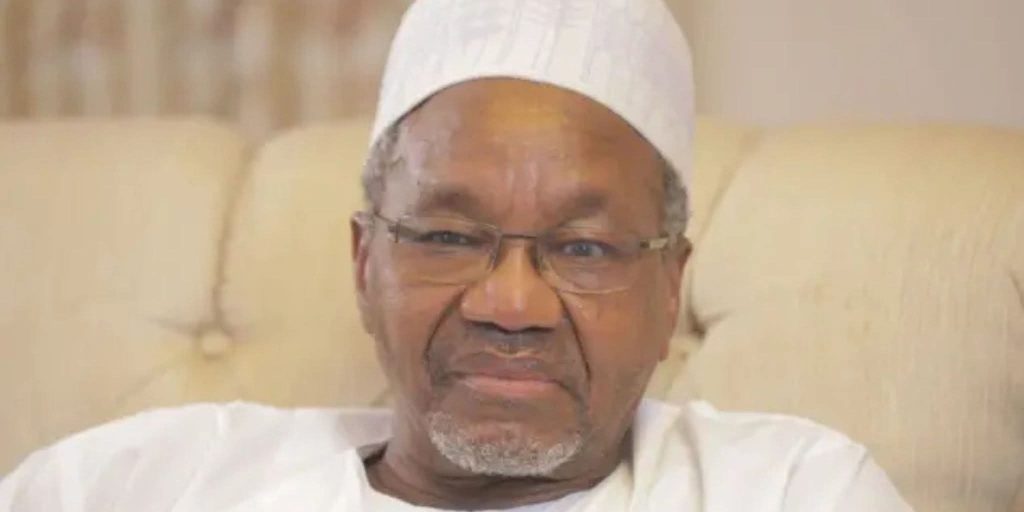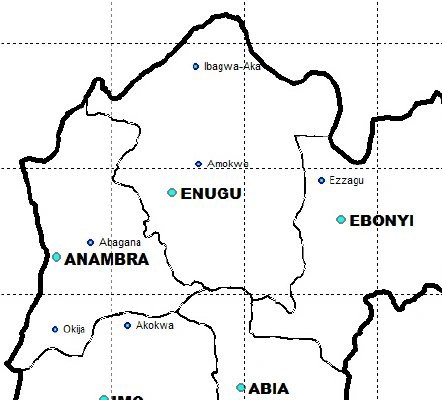Health
Shun quackery or lose your license – Registrar warns public health technologists
DDM News

The Registrar of the National Association of Public Health Practitioners of Nigeria, Dr. Blessing Abba, has reaffirmed her commitment to upholding professional ethics in public health.
Public Health is the science and art of preventing disease, prolonging life, and promoting health through organized efforts.
Its roots trace back to ancient civilizations, where early societies recognized the connection between sanitation and health.
In Egypt (3000–1500 BCE), medical texts documented hygiene, diet, and disease prevention.
The Greeks (500 BCE) emphasized physical fitness and environmental cleanliness.
Hippocrates (460–370 BCE), the “Father of Medicine,” linked disease to environmental factors.
The Romans (200 BCE–400 CE) built aqueducts, public baths, and sewage systems to improve sanitation.
Despite these advancements, disease outbreaks persisted due to limited scientific knowledge.
During the Middle Ages (5th–15th century), Europe suffered from poor sanitation and deadly epidemics.
The Black Death (1347–1351) killed millions, leading to quarantine laws and public health boards.
Islamic scholars like Avicenna (980–1037) preserved medical knowledge and emphasized hospital care.
Public health measures focused on isolating the sick and preventing disease.
The Renaissance (14th–17th century) renewed interest in science and medicine.
John Graunt (1620–1674) analyzed death records, laying the foundation for epidemiology.
Edward Jenner (1749–1823) developed the smallpox vaccine in 1796, revolutionizing disease prevention.
The Industrial Revolution (18th–19th century) worsened health conditions due to overcrowding and pollution.
Edwin Chadwick (1800–1890) linked poverty to disease, leading to the Public Health Act of 1848.
John Snow (1813–1858), the “Father of Epidemiology,” identified contaminated water as the cause of cholera.
Louis Pasteur (1822–1895) and Robert Koch (1843–1910) developed germ theory, proving microorganisms cause disease.
Governments invested in clean water, sanitation, and waste disposal.
The 20th century saw major advancements in vaccines, antibiotics, and healthcare systems.
The World Health Organization (WHO) was established in 1948 to coordinate global disease control.
Public health expanded to include chronic disease prevention, nutrition, and mental health.
The 21st century presents new challenges like COVID-19, climate change, and non-communicable diseases.
Public health continues to evolve, integrating epidemiology, policy-making, and social sciences to improve global health outcomes.
According to Diaspora digital media (DDM), she emphasized that the association remains dedicated to educating, promoting, and protecting public health ethics while fostering continuous professional training for practitioners.
Speaking at the first induction and oath-taking ceremony for Public Health Technologists at Maurid Polytechnic, Mbiaso, Akwa Ibom State, Dr. Abba issued a stern warning to the inductees.
She urged them to shun unethical practices that could endanger human lives and damage the profession’s credibility.
The event, held on Friday, February 21, 2025, was historic, as it was the first of its kind in Nigeria’s South-South region.
Delivering her keynote address titled “Public Health Systems in Nigeria: Problems and Solutions,” Dr. Abba described the induction as a critical milestone for the profession.
She encouraged the inductees to uphold integrity, adhere to best practices, and maintain professionalism in their daily responsibilities.
“As pioneers from this region, you are privileged to be part of history,” she stated.
“You must shun misconduct that could erode public trust in our noble profession,” she added.
Health experts warn against professional misconduct
The induction ceremony attracted key figures in the health sector, including Akwa Ibom State’s Commissioner for Health, Dr. Dominic Ukpong, and the Senior Special Assistant to the Governor on Medicals, Dr. Emmanuel Ekem.
Other notable attendees included the Managing Director of the Medical Center, Onne, and several renowned medical professionals.
Discussions at the event focused on career opportunities in public health and how practitioners could strategically position themselves for success.
Dr. Abba reiterated the association’s zero-tolerance policy for unethical practices that put lives at risk.
“Our association strongly condemns actions such as improper drug administration, negligence in emergencies, and the sale of psychoactive substances,” she declared.
She warned that any practitioner engaging in such misconduct would face severe consequences.
“Failure to comply with ethical standards will result in the automatic withdrawal of your practicing license,” she cautioned.
Shun unprofessional practices or face sanctions
Throughout the event, repeated calls were made for inductees to shun any form of professional misconduct.
Dr. Abba emphasized that public health practitioners must prioritize ethical responsibility over financial gain.
“Public health is about saving lives, not cutting corners,” she stressed.
She urged the inductees to remain committed to lifelong learning and continuous professional development.
“You must constantly update your knowledge to keep pace with evolving public health challenges,” she advised.
Industry leaders also shared real-life cases of malpractice that had led to preventable deaths.
These examples reinforced the need for practitioners to shun shortcuts and prioritize ethical decision-making.
One of the speakers, Dr. Ukpong, highlighted the increasing dangers posed by quackery in Nigeria’s health sector.
He called on the inductees to distinguish themselves through competence, discipline, and professionalism.
He reminded them that shunning malpractice would not only protect patients but also enhance their career prospects.
Dr. Ekem also addressed the audience, advising the new practitioners to embrace mentorship and professional networking.
He noted that aligning with ethical and knowledgeable experts would help them navigate challenges in the profession.
Key highlights of the induction ceremony
The event featured an oath-taking ceremony, the presentation of certificates and membership licenses, and the symbolic induction of new members.
Distinguished personalities in public health were honored with Honorary Associate Membership awards.
A special dance performance was held to celebrate the occasion, adding cultural significance to the historic event.
Dr. Abba expressed gratitude to the management of Maurid Polytechnic for hosting the induction.
She commended the institution for its commitment to public health education and professional training.
She assured that the association would continue to support institutions dedicated to producing competent public health professionals.
In her closing remarks, she reminded the inductees that professionalism, integrity, and ethical responsibility must always guide their actions.
“Your duty is to protect lives and ensure public safety,” she stated firmly.
“You must shun any act that compromises the health and well-being of those entrusted to your care.”
She encouraged them to see the induction not just as a ceremony but as the beginning of a lifelong commitment to public health.
The ceremony ended with a networking session, where the newly inducted professionals had the opportunity to connect with seasoned experts in the field.
Many of the inductees expressed excitement about their new journey and pledged to uphold the values of their profession.
The event was widely praised as a significant step toward strengthening public health professionalism in Nigeria.
Mr. Ufana Peter Ojeka
Public Relations officer
National Association of Public Health Practitioners of Nigeria
February 24, 2025.
For Diaspora Digital Media Updates click on Whatsapp, or Telegram. For eyewitness accounts/ reports/ articles, write to: citizenreports@diasporadigitalmedia.com. Follow us on X (Fomerly Twitter) or Facebook









